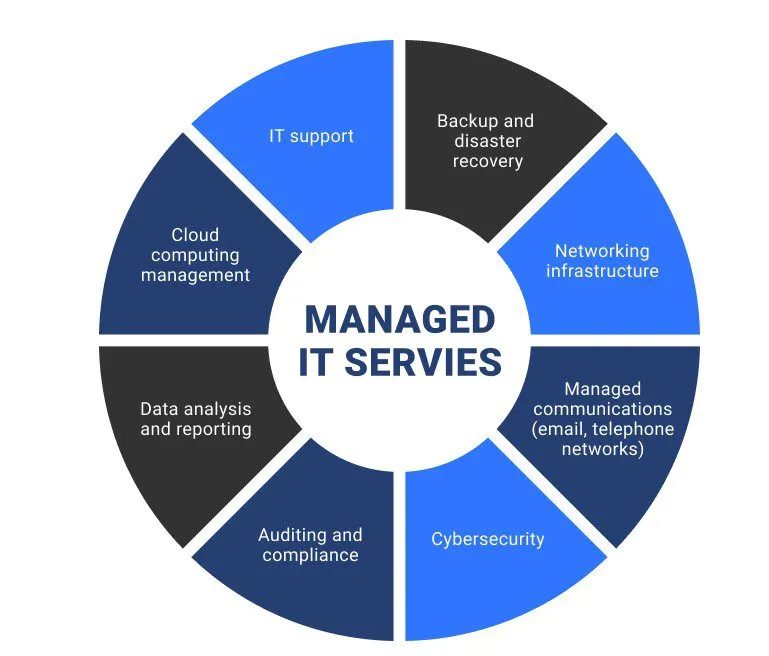As technology continues to reshape industries and job roles, the demand for skilled IT professionals has never been higher. University IT certification programs are designed to meet this demand by providing individuals with the specialized knowledge and credentials needed to thrive in the information technology sector. These programs serve as an essential bridge for aspiring and current IT professionals, equipping them with practical skills and recognized certifications to enhance their career opportunities.

About University IT Certification Programs
University IT certification programs are often part of a university’s continuing education or professional development offerings. They cover a diverse range of IT disciplines, including cybersecurity, network administration, data analytics, cloud computing, and software development. These programs are suitable for various learners, from those new to the field seeking foundational knowledge to experienced professionals aiming to upskill or pivot into new areas.
Overview of IT Certification Programs
| Program Type | Key Areas Covered | Duration | Certification Offered |
|---|---|---|---|
| Cybersecurity | Network security, ethical hacking, incident response | 6-12 months | Certified Information Systems Security Professional (CISSP) |
| Networking | LAN/WAN technologies, network protocols, system administration | 6-12 months | Cisco Certified Network Associate (CCNA), CompTIA Network+ |
| Data Science | Statistical analysis, machine learning, data visualization | 3-6 months | IBM Data Science Professional Certificate |
| Cloud Computing | Cloud infrastructure, virtualization, service management | 6-12 months | Microsoft Certified: Azure Solutions Architect |
| Software Development | Agile methodologies, programming languages, software engineering | 6-12 months | Project Management Professional (PMP) Certification |
Benefits of University IT Certification Programs
- Career Advancement: Earning certifications can lead to promotions, salary increases, and new job opportunities, as employers often prefer candidates with recognized qualifications.
- Structured Learning Path: University programs provide a well-defined curriculum, ensuring participants acquire both theoretical and practical knowledge in their chosen field.
- Expert Faculty: Students benefit from the insights and mentorship of experienced instructors, many of whom have substantial industry experience and connections.
- Hands-On Experience: Programs often include practical labs and projects, allowing participants to apply what they’ve learned in real-world situations, which is essential for skill retention.
- Networking Opportunities: Participants can connect with peers, alumni, and industry professionals, creating a supportive network that can facilitate job opportunities and career growth.
Noteworthy University IT Certification Programs
- Harvard University: Offers certificates in Data Science and Cybersecurity, emphasizing analytical skills and security best practices.
- Stanford University: Provides advanced certification programs in Machine Learning and Artificial Intelligence, focusing on innovative technology applications.
- University of Washington: Features comprehensive IT programs in Cloud Computing and Data Analytics, designed to meet the needs of today’s tech job market.
- University of California, Los Angeles (UCLA): Offers certifications in Project Management and IT Management, equipping students with essential skills for successful careers in IT.
- Georgia Tech: Provides specialized programs in Cybersecurity and Networking, designed for both beginners and experienced IT professionals.
How to Choose the Right IT Certification Program
Choosing the right university IT certification program requires careful consideration of several factors:
- Accreditation: Ensure the program is accredited and recognized within the industry, as this enhances the credibility of your certification.
- Curriculum Fit: Review the course offerings and curriculum to ensure they align with your career goals and reflect current industry standards.
- Format and Flexibility: Look for programs that offer online or hybrid classes to accommodate your schedule and learning preferences.
- Cost Considerations: Evaluate the total costs, including tuition and additional fees, to find a program that fits your budget without sacrificing quality.
- Support Services: Consider programs that offer career counseling, job placement assistance, and networking opportunities to help you achieve your career objectives.
Conclusion
University IT certification programs represent a crucial opportunity for anyone looking to enhance their skills and advance their careers in information technology. By providing specialized knowledge and recognized credentials, these programs can significantly increase your employability and career prospects. Investing in your education through university certification programs allows you to stay relevant in a fast-paced industry and demonstrate your commitment to professional development. Whether you are just starting your journey in IT or seeking to specialize in a new area, these certifications can be instrumental in unlocking your potential and achieving success in the dynamic world of technology. Take the first step toward your IT career advancement by exploring the numerous university certification options available today.